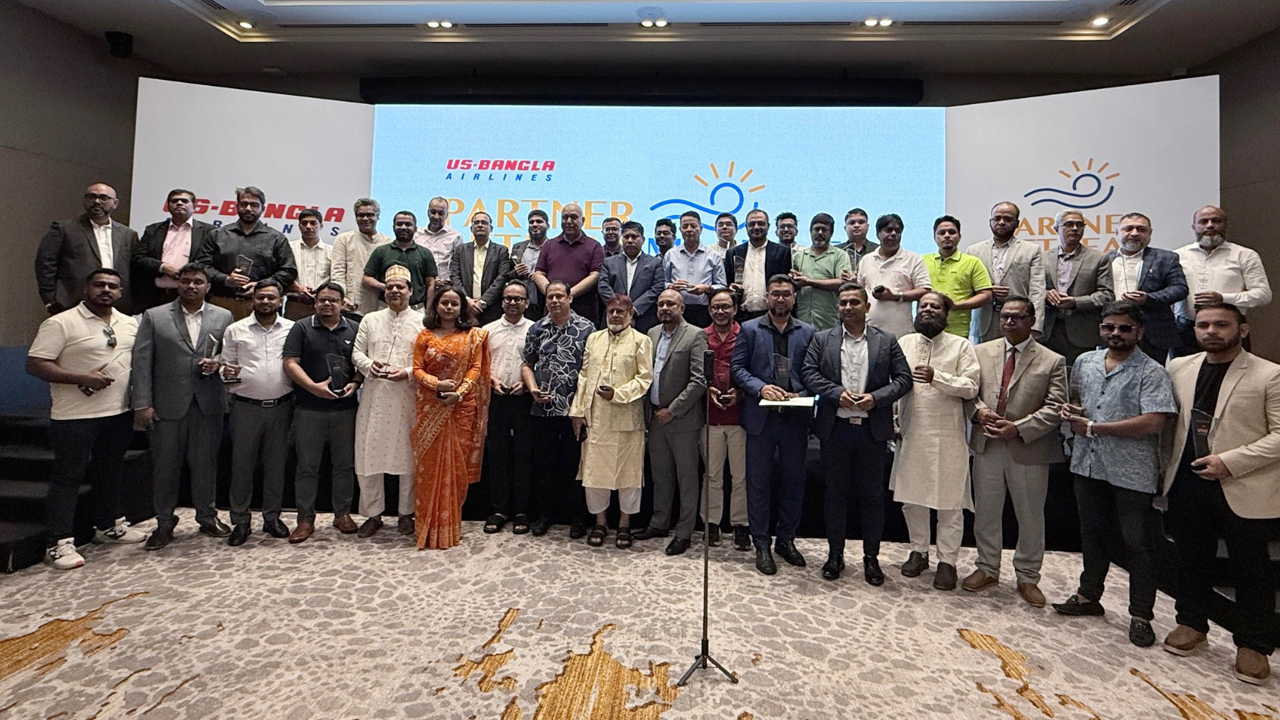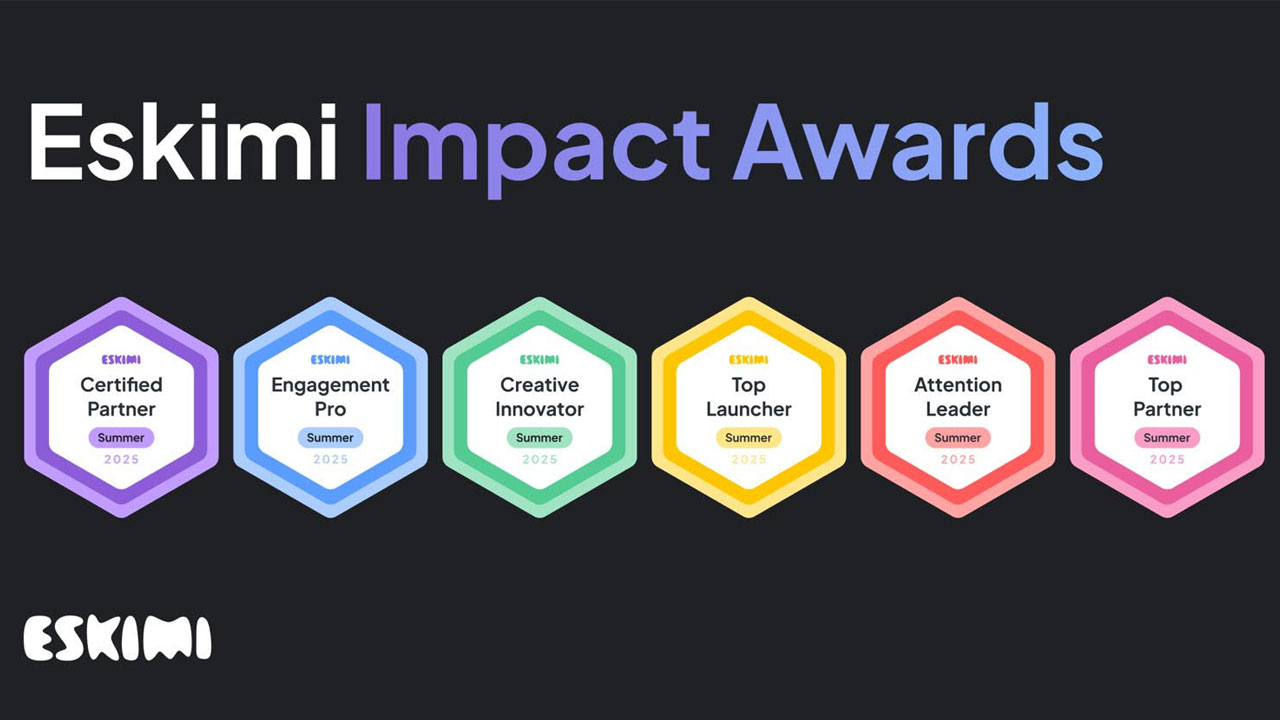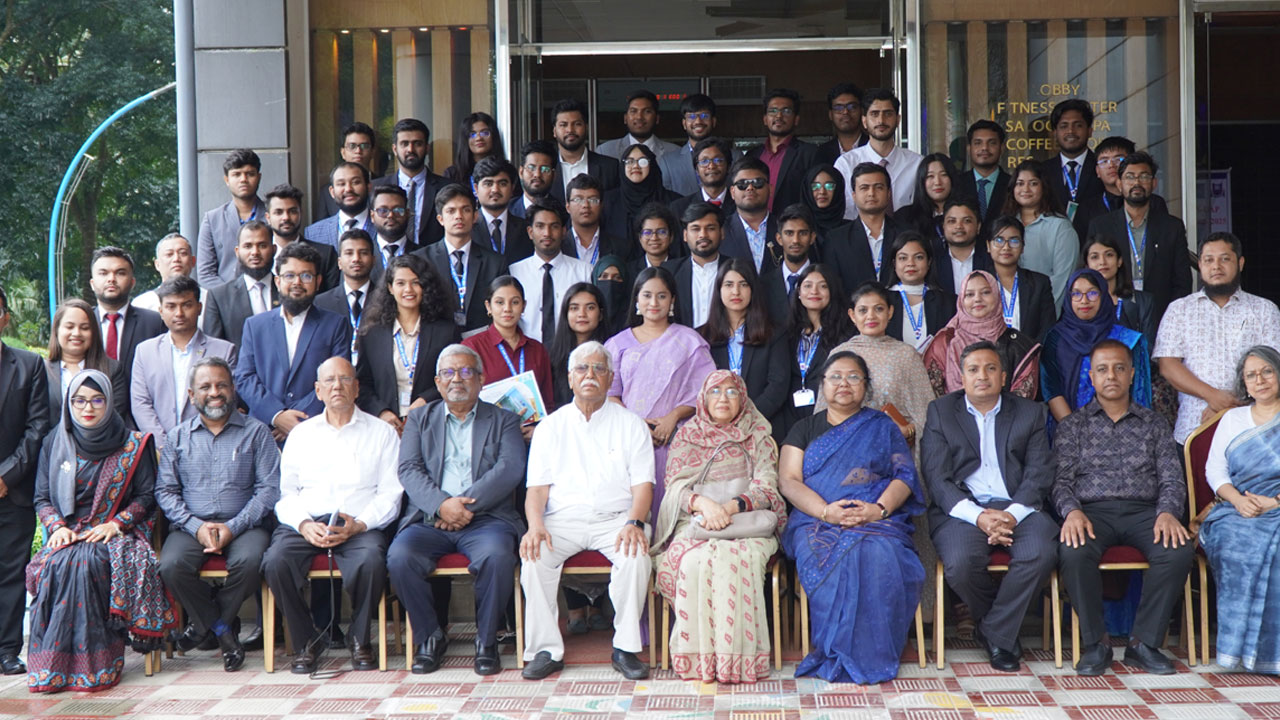Beyond Borders: A New Dawn of Asian Performing Arts in Gwangju
25 October 2025, 06:17 pm
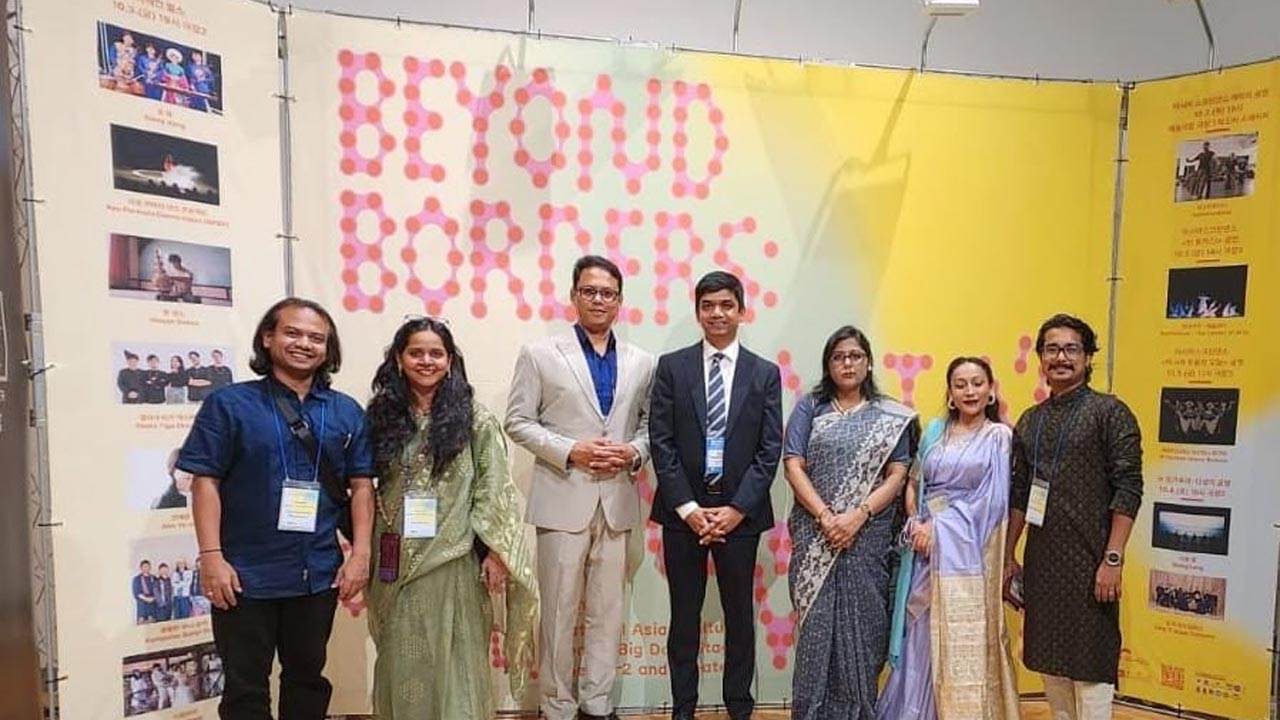
“When art crosses borders, language falls silent — only rhythm, melody, and the resonance of the heart remain.”
This timeless sentiment came alive in the South Korean city of Gwangju during the international festival “Beyond Borders: The New Wave of Asian Performing Arts 2025”, held from October 2 to 5, 2025. The event was hosted by the Asia Culture Center (ACC) under the Ministry of Culture, Sports and Tourism of the Republic of Korea — a landmark celebration of Asia’s shared creativity and diversity.
A Celebration of Cross-Cultural Harmony
Over four vibrant days, the festival united performers and creators from eleven Asian nations — Japan, South Korea, China, Thailand, Malaysia, Mongolia, the Philippines, Vietnam, India, Sri Lanka, and Bangladesh. Through dance, music, and theatre, artists expressed a collective rhythm of humanity that transcended geography and language.
Representing Bangladesh, Ms Syeda Saheda Begum, Cultural Officer at the Bangladesh Shilpakala Academy, served as a member of the festival committee, contributing to coordination and creative programming. Mr Hasan Zabed , Special Correspondent of NTV, joined as an observer on the invitation of ACC.
Adding a proud artistic chapter for Bangladesh, the dance troupe “Kathakia” delivered an electrifying performance that blended folk rhythms with spiritual grace, earning heartfelt praise from the international audience.
“The Bangladeshi performance touched the soul — it was pure poetry in motion,” remarked one Korean spectator.
Rhythms of Asia: The Festival Unfolds
Day 1 — Rhythms of Asia:
The opening night burst into life with the thunderous beats of Korean traditional drums, the delicate poise of Japanese dance, and the earthy charm of Bangladeshi folk movement. The message was clear: Art is not bound by geography; it breathes in every human soul.
Day 2 — Workshops & Exchange:
Interactive sessions led by choreographers from Japan, Thailand, and the Philippines explored modern and contemporary dance. Artists from all participating countries collaborated, reaffirming that “Art is humanity’s shared language.”
Day 3 — Voices of Tradition:
The third evening celebrated Asia’s living heritage. From China’s Fan Dance to Thailand’s Khon Mask drama and Sri Lanka’s Kandyan ritual, each performance shimmered with cultural distinctiveness. Bangladesh’s “Kathakia” captivated audiences with a rare harmony of classical technique and folk spirituality.
Day 4 — Symphony of Unity:
The festival concluded with a mass ensemble featuring artists from all nations, weaving a tapestry of sounds and movements that symbolized peace and unity.
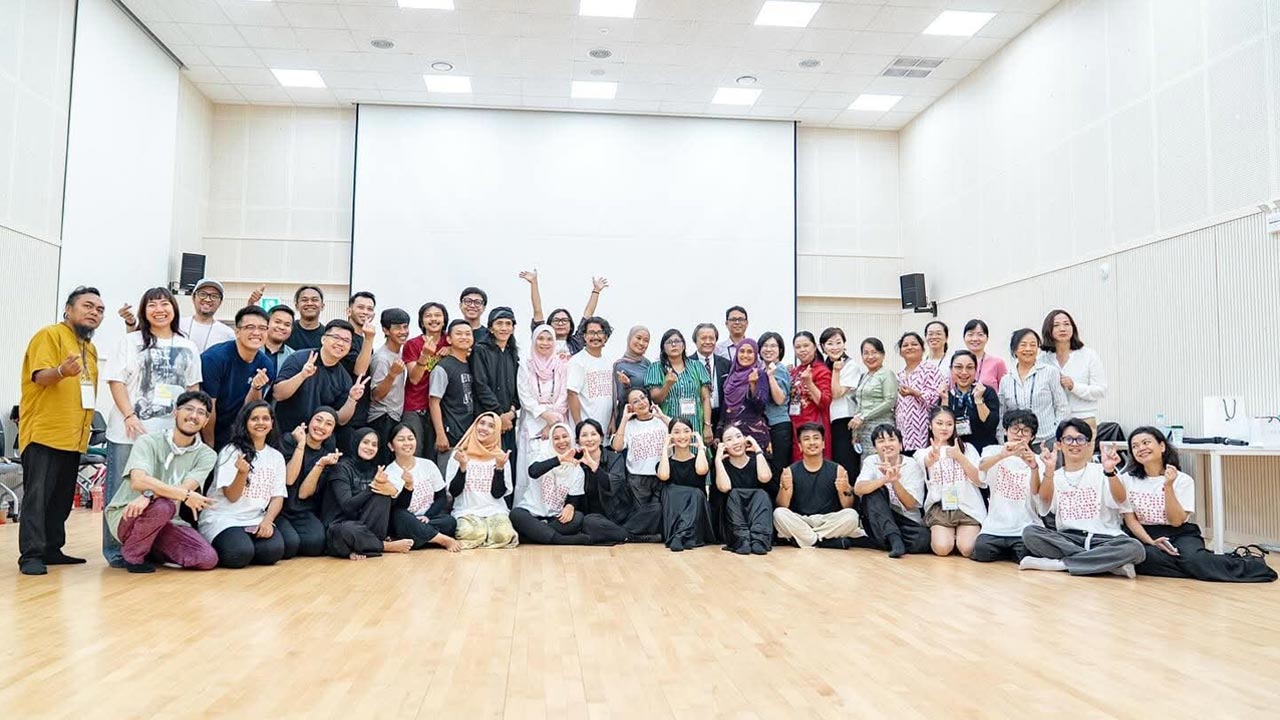
The Asia Culture Center: Where Asia Meets the World
The Asia Culture Center (ACC) stands at the heart of Gwangju as a symbol of cultural rebirth. Established in 2015 under the Ministry of Culture, Sports and Tourism, the ACC embodies Korea’s vision of transforming Gwangju into the “Asian Cultural Hub City.”
Built on a site deeply tied to the May 18 Democratic Uprising, the ACC’s architecture honors Gwangju’s human-rights legacy. Its mission extends beyond performance—it seeks to foster cross-cultural understanding, research, and creative collaboration across the continent.
The center encompasses five major divisions:
ACC Culture Exchange – promoting intercultural dialogue.
ACC Children – nurturing creativity among young audiences.
ACC Archive & Research – preserving Asia’s cultural heritage.
ACC Creation – supporting artists and new works.
ACC Theater – showcasing innovative performances and festivals.
Through exhibitions, residencies, and festivals like Beyond Borders, ACC has evolved into one of Asia’s most dynamic platforms for creative diplomacy.
Bangladesh’s Cultural Footprint
Bangladesh’s participation in “Beyond Borders 2025” marks a growing commitment to cultural diplomacy and regional collaboration. The presence of Ms Sahida Begum and Mr Rafiqul Hasan highlighted Bangladesh’s contribution not only as a participant but as an active partner in shaping Asia’s artistic future.
“Bangladesh’s art carries both heritage and innovation,” said Ms Begum. “To share that on an international stage is to let the world hear our cultural heartbeat.”
An Eternal Resonance
As the lights dimmed on the final night, the collective voice of eleven nations lingered in the air—echoing a timeless truth:
“True art never recognizes borders; its wings reach beyond the sky.”
In Gwangju’s festival halls, where rhythm met silence and tradition embraced innovation, art once again proved to be the universal language of humanity—bridging nations, cultures, and hearts.



